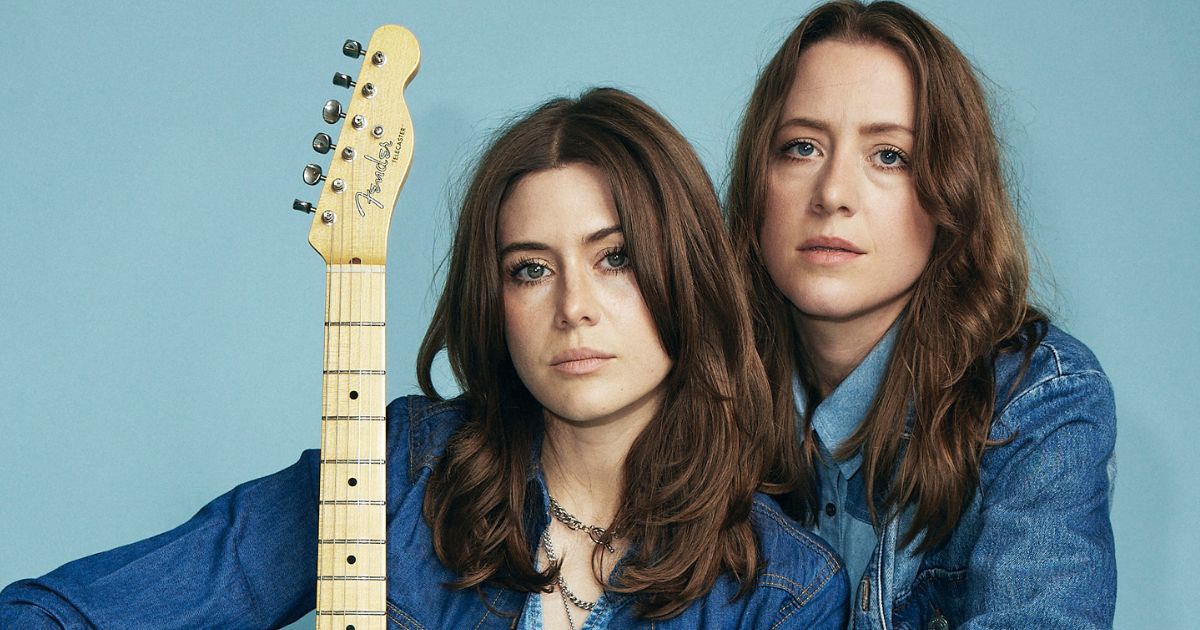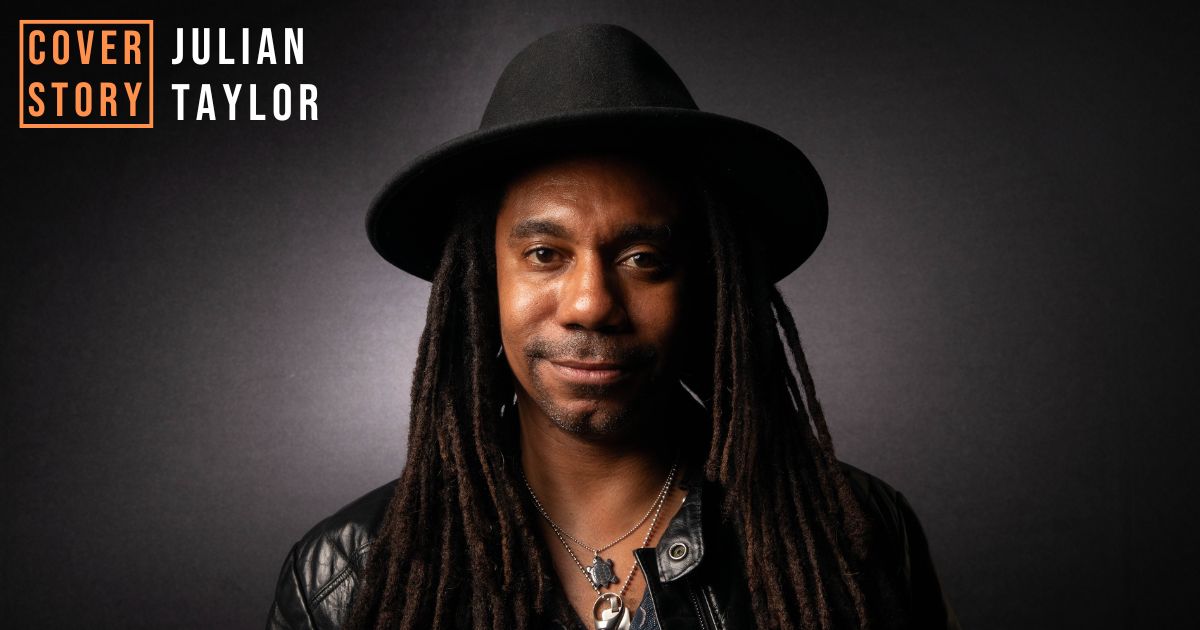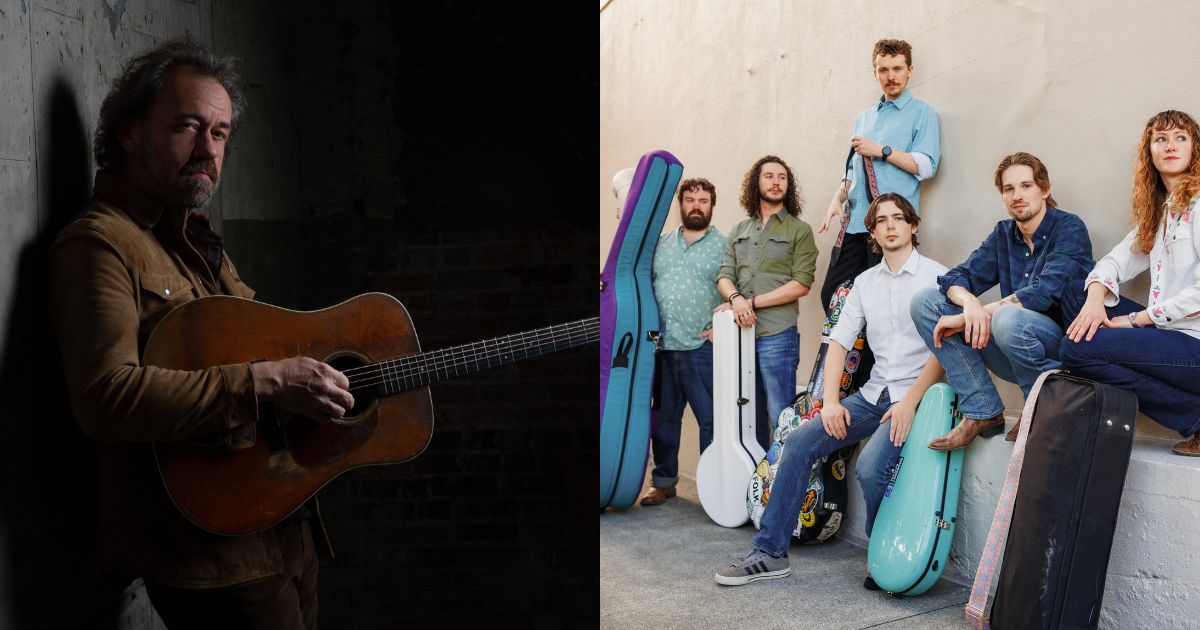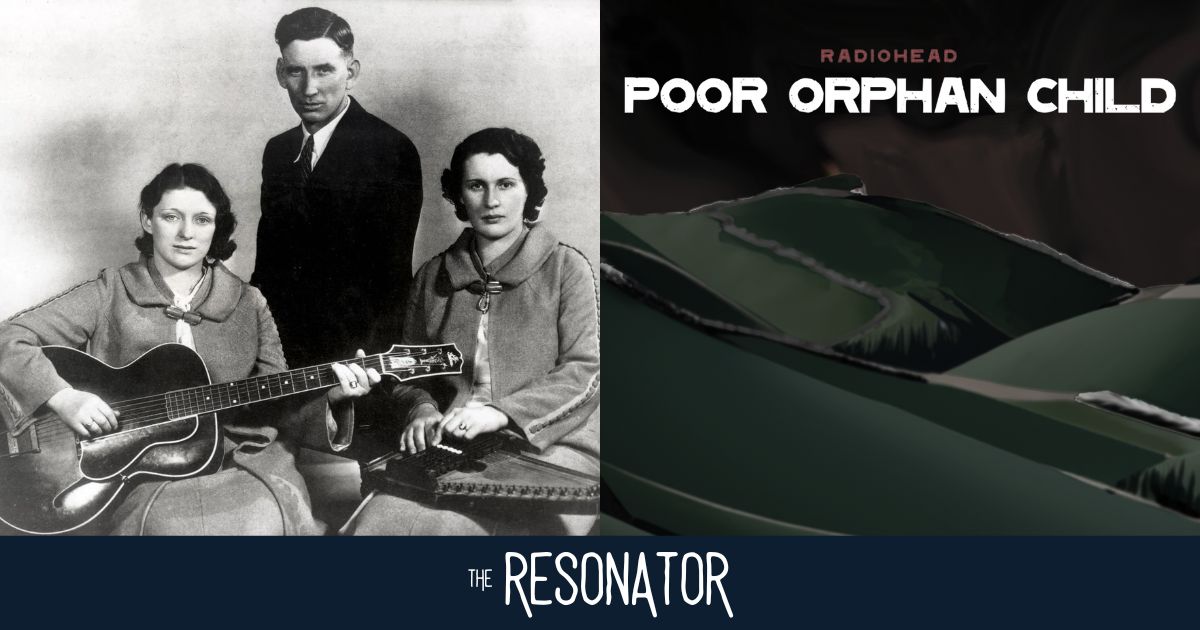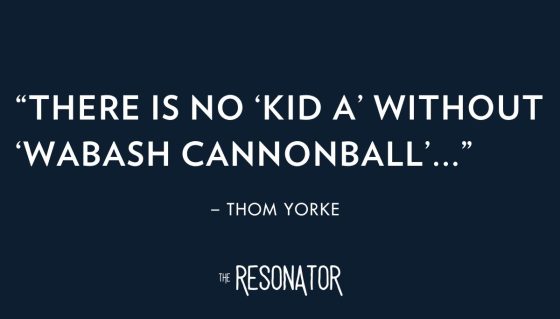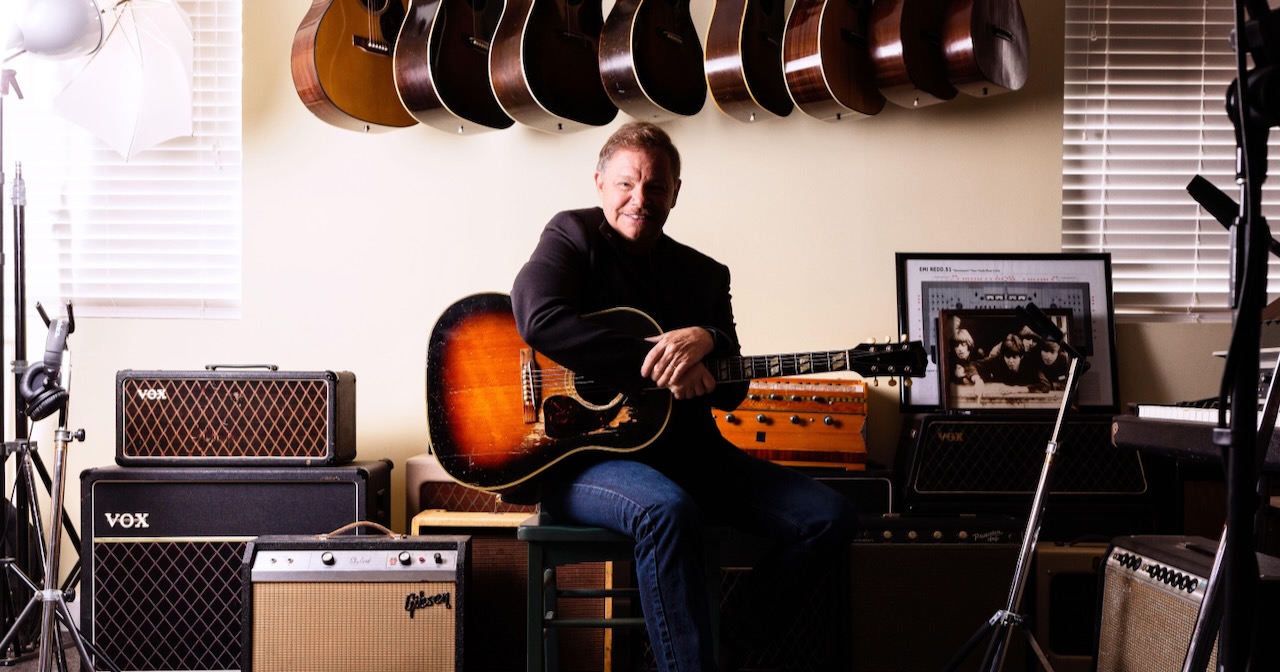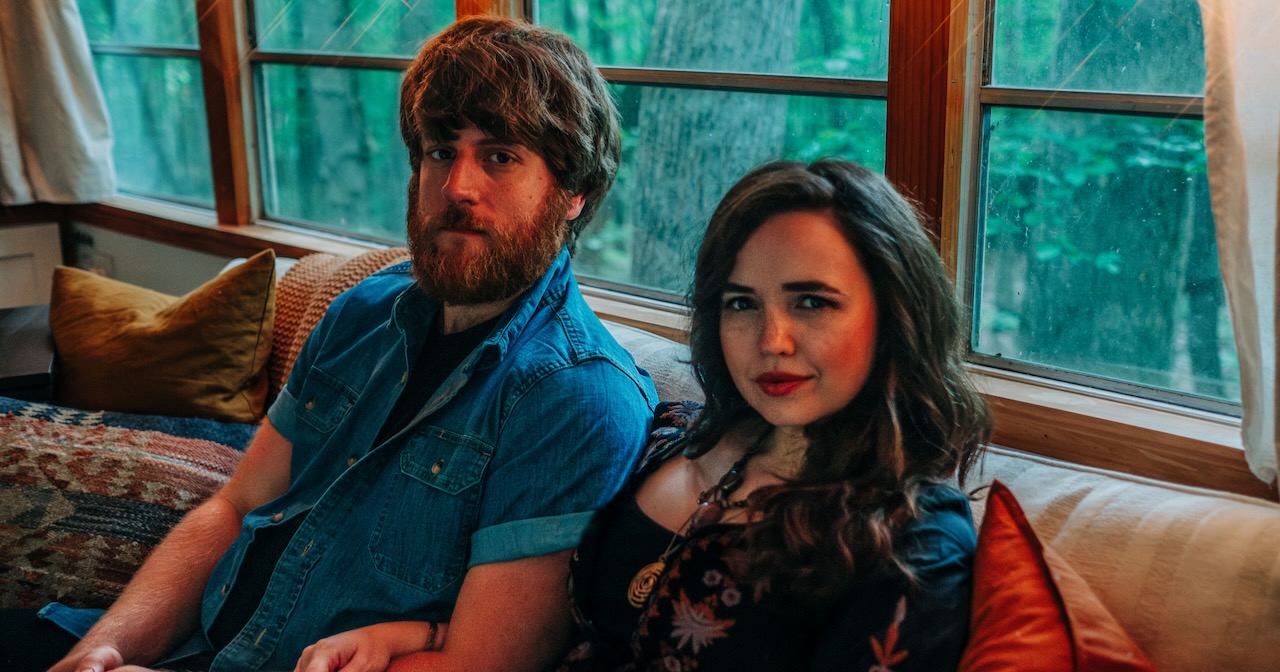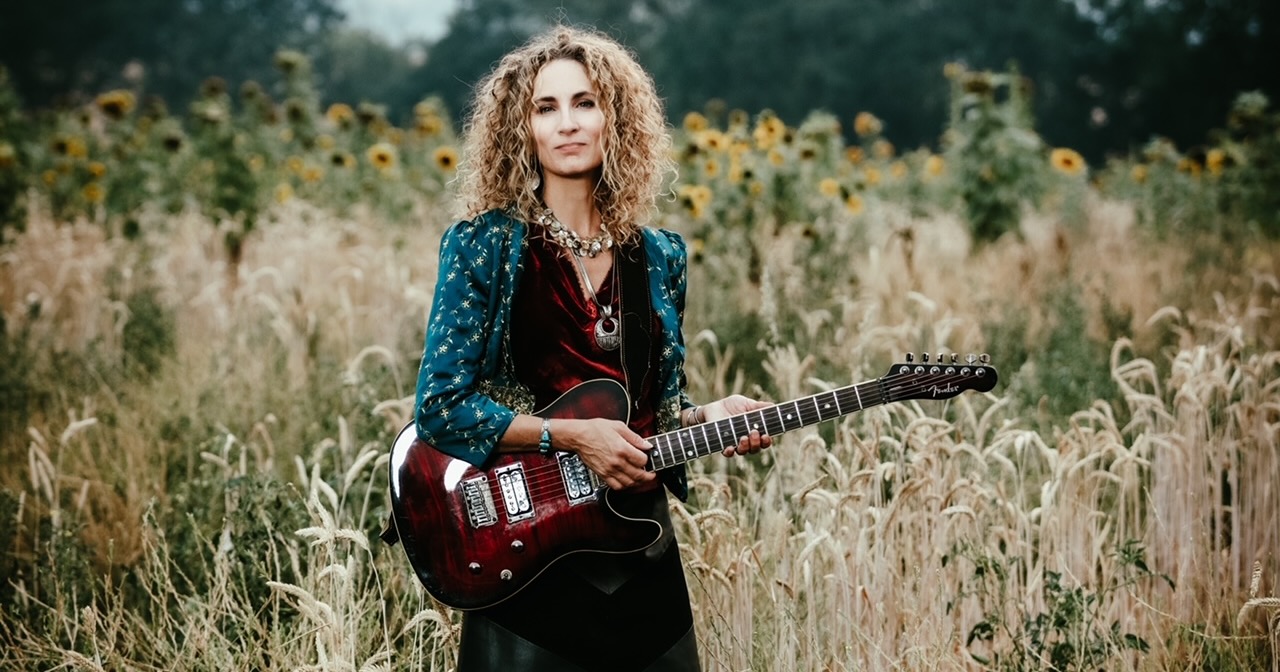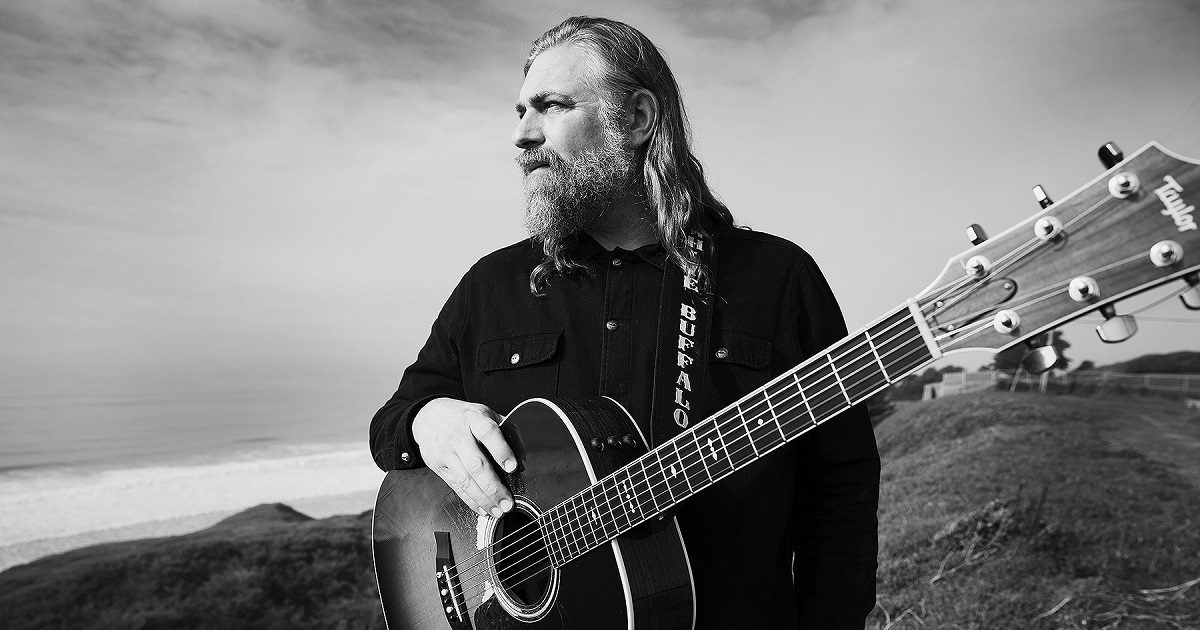Larkin Poe are unstoppable. The incendiary sister duo – made up of Megan and Rebecca Lovell – have enjoyed near constant growth and momentum building over the past decade and a half, since they emerged from their younger family band era in the early 2010s as an endlessly gritty and gutsy Americana-meets-blues-meets-Southern rock phenomenon. Now, their sights are set on their upcoming seventh studio album, Bloom (out January 24 via Tricki-Woo Records), with a year’s worth of accolades – including their first GRAMMY win and being named the Americana Music Association’s Duo/Group of the Year – firing like afterburners on their already rocketing career.
Their perseverant climb of the music industry’s ladders is the least remarkable aspect of Larkin Poe’s trajectory, though. The sisters Lovell outwardly channel a sort of outlaw-styled disaffection for the trappings and machinations of the industry or Music Row, inhabiting self-assured personas that fit seamlessly within the genres they call home. They know they’re stellar songwriters, they’re virtuosic pickers, and they’re fluent in the aggression, anger, and release of rock and roll. Across their entire catalog there are clear demonstrations – from the winking and sly to the outright and overt (see, for instance, “She’s a Self Made Man“) – where Larkin Poe show their listeners they aren’t just living in “a man’s world,” they’re owning it, re-centering it, and doing it better than the machismo naysayers rife in these roots styles. Styles where a corrective phrase like “Um, actually…” is still wielded as a cudgel or seen as valuable social currency.
Um, actually… these women know exactly what they’re doing. And they would have to, given they came up through bluegrass, folk, and string band circles as a bluegrass(-ish) family band, the Lovell Sisters, with their sister Jessica. Winning songwriting contests and appearing on Prairie Home Companion, the Lovell Sisters were quickly beloved in bluegrass, honing their chops while also getting their first tastes of being written off or sidelined as “merely” a female-centered novelty act. When the group decided to disband, Megan and Rebecca “reskinned” as Larkin Poe, immediately transforming so many of their “I knew them when” audience members into “I wish they still played bluegrass” skeptics. Not that the Lovells cared, ultimately. A hallmark of the duo since their rebirth has been agency, autonomy, and self-possession. (Something of a prerequisite for successful women in roots music, to be sure.)
Seven studio albums into their grooving, rollicking, no-holds-barred catalog, Larkin Poe are even less concerned with external forces or outside variables influencing and impacting their music. Bloom builds on the confidence and clarity of Blood Harmony‘s GRAMMY Award-winning vision. Produced and co-written by both Lovells and their longtime collaborator (and Rebecca’s spouse) Tyler Bryant, Bloom zooms in on the individual stems, leaves, and petals of the agency and self-determination that have run through all of their music. It is, yet again, a decidedly familial project, but despite all of the ground they’ve covered together and all of the miles they’ve traveled over their lifelong careers together, rebirth and reinvention continue to blossom on each of their projects. It speaks once more to the music itself being their guiding light – rather than commercial appeal, marketability, or continuing to do it simply because it’s what they’ve always done.
“Bloom is about finding oneself amidst the noise of the world,” says Rebecca via press release. “About wholeheartedly embracing the flaws and idiosyncrasies that make us real. In one way or another, pretty much all of the songs on this album are about finding yourself, knowing yourself, and separating the truth of who you are from societal expectations.”
Perhaps only a group of women could make a Southern rock album with this sort of message at its core. They may peacock and strut, on stage and in the studio, just like their male peers and contemporaries might, but they do so with a message and mission that’s decidedly antithetical to most creators in Americana, rock, and blues these days. Especially the “Um, actually…” set. By taking on these characters and personas, Larkin Poe aren’t hiding their truths from us, but putting their most authentic selves directly into the spotlight.
At the same time, when you’ve spent your entire adult lives making and performing music with your family, with siblings and in-laws and chosen family, too, it’s often a passive and subconscious process by which you slowly lose pieces of yourself, of your individuality, of your sacred selfhood. It’s no wonder, then, that Larkin Poe have crafted a stunning, engaging, and iconic catalog of music that orbits around this very dichotomy. To be a family band, to sing or pick or channel blood harmonies, is to give up yourself for the greater whole. Megan and Rebecca and their compatriots then use that same music to find and re-find that sense of self as it slips away. Each time, each album and each set of songs, it is a musical gift; and each time, including the latest effort, Bloom, Larkin Poe find and share themselves anew.
We are so very excited to name Larkin Poe our January 2025 Artist of the Month. Stay tuned for our exclusive interview with Megan and Rebecca Lovell coming later this month, dive into our Essential Larkin Poe Playlist below, and follow along on social media all month as we dive back into the BGS and Good Country archives for everything Larkin Poe and the Lovell sisters.
Photo Credit: Robby Klein
